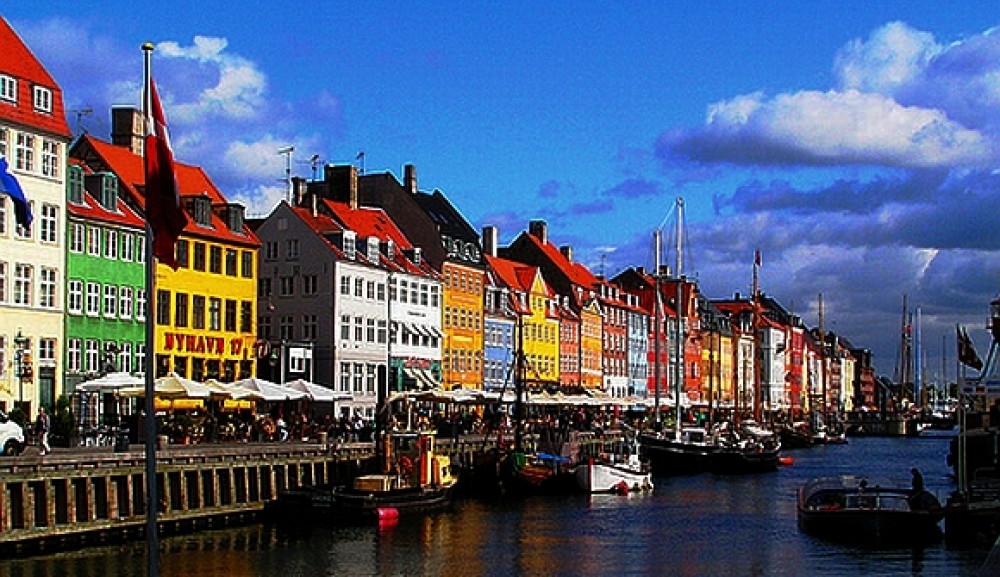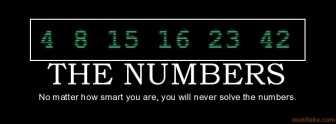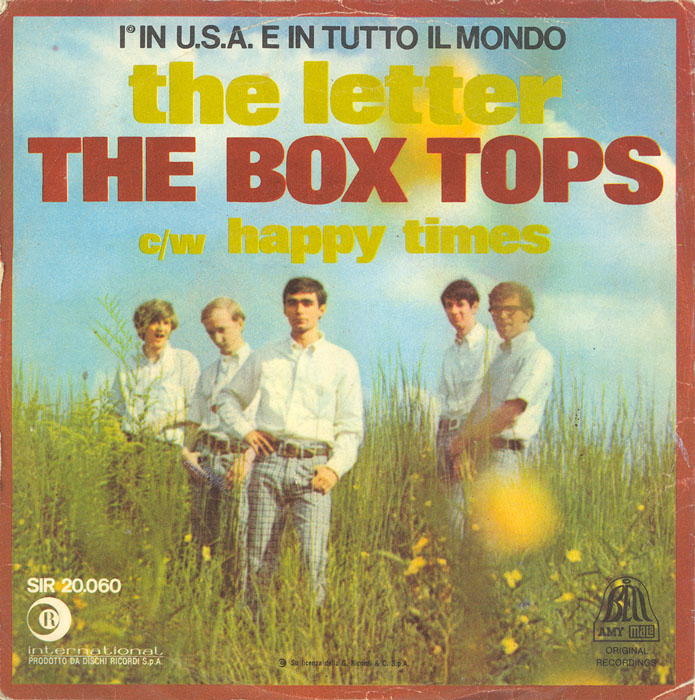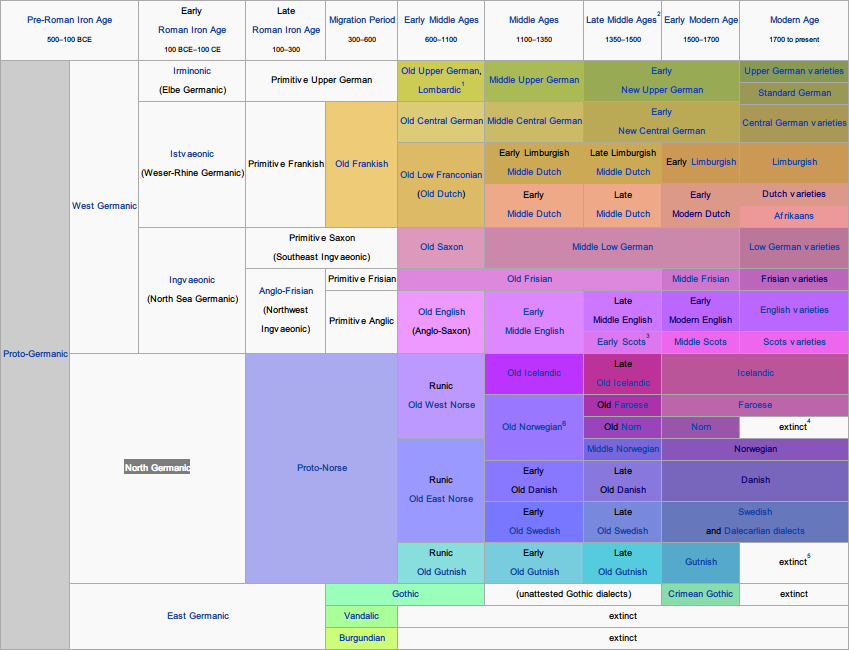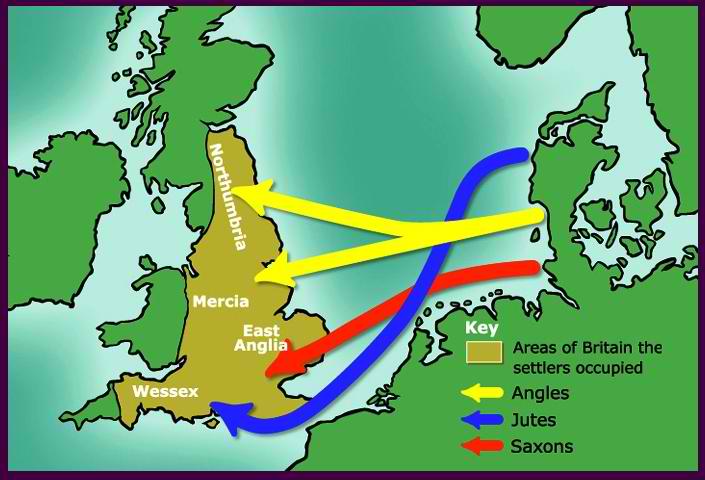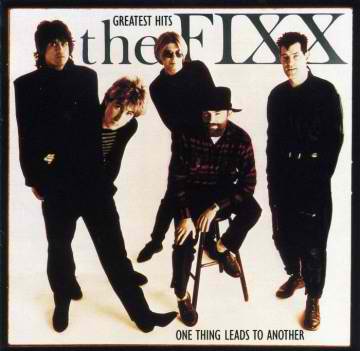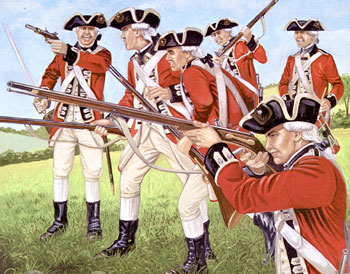Not just the handling of numbers themselves, but also translation between English and Danish of the very word Number can do a number on any unsuspecting bi-linguist.
In English, the word Number has at least three distinct possible meanings. Since it remains the same word, this is not always apparent to an English-speaker. In Danish, each of those three meanings must be addressed by its own DIFFERENT word: nummer, antal or tal. And there are further complications (and an English-language idiom mystery explained)… But more about those later.
In Danish, “nummer” must be used when English number is approximately synonymous to “a number/label displayed on something” or “a ranking achieved“, “antal” is used when English a number (of) is approximately synonymous to “a count of“, and lastly “tal” is used when number is approximately synonymous to digit.
English ==> Danish:
The number of solutions to this equation is three ==> Antallet af løsninger til denne ligning er tre
The number 2 is one of the solutions ==> Tallet 2 er en af løsningerne
Replace batteries with the same number and type of batteries as originally installed in the equipment ==> WRONG!: Udskift batterier med batterier af samme nummer og type som de oprindeligt installerede i udstyret (this is correct Danish, but the wrong meaning “use batteries with the same number printed on them”) CORRECT!: Udskift batterier med samme antal og type af batterier som de oprindeligt installerede i udstyret (this is the correct meaning: “use the same number of batteries”)
He lives on Baker Street, in number 221B ==> Han bor på Baker Street i nummer 221B.
He finished the triathlon bike race in second place ==> Han kom ind i triathlon cykelløbet som nummer 2
You could not see his number on his bike racing shirt ==> Man kunne ikke se hans nummer på hans cykeltrøje
Paint by numbers ==> Paint-by-numbers, mal med tal
Strength in numbers ==> Styrke i tal
There’s a fourth possible translation for number: When English number refers to an unknown amount of (somethings), Danish often prefers to use the Danish word for a row: række instead:
English ==> Danish:
This equation has a number of solutions ==> Denne ligning har en række løsninger
That happened a number of years ago ==> Det skete for en række år siden
It should also be noted that the abbreviation of “number” is DIFFERENT in Danish and in English:
Danish: nr.
English: no.
But wait, there’s more very interesting “number theory”: the word nummer has two further meanings in Danish that it does not in (current) English. Et nummer is also an act that a performer performs. Typically a short second-rate act, like a magician’s trick or a circus act. Or an encore at a concert is “an extra number”: et ekstranummer.
English ==> Danish:
And then he did this stupid thing ==> Og så lavede han det her dumme nummer
So, in Danish the expression “do a number on someone” makes perfect sense! You’ve been exposed to a cheap magical trick, you’ve been duped, cheated. This is interesting because, a simple Google search for “origins of “did a number on me”” reveals that English-speakers and language specialists are generally very puzzled by the origins of this expression and can’t offer a logical explanation. In (current) English it makes no sense. Could it be that the expression has been actually adopted from Danish? I would venture to postulate that. 🙂
The other Danish meaning of nummer is not what you’d expect: the cute name for the behind that we sit on is en numse. This often gets made further cute by referring to it as et nummer. So, visiting ladies: when a Danish man on the street tells you in passing that you have an excellent number, “sikke et fint nummer!”, he is most likely NOT referring to your height or your bank account… 🙂
